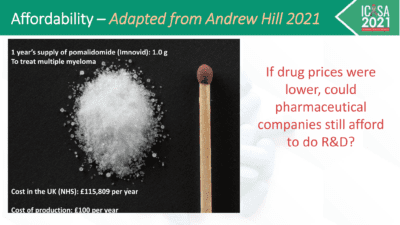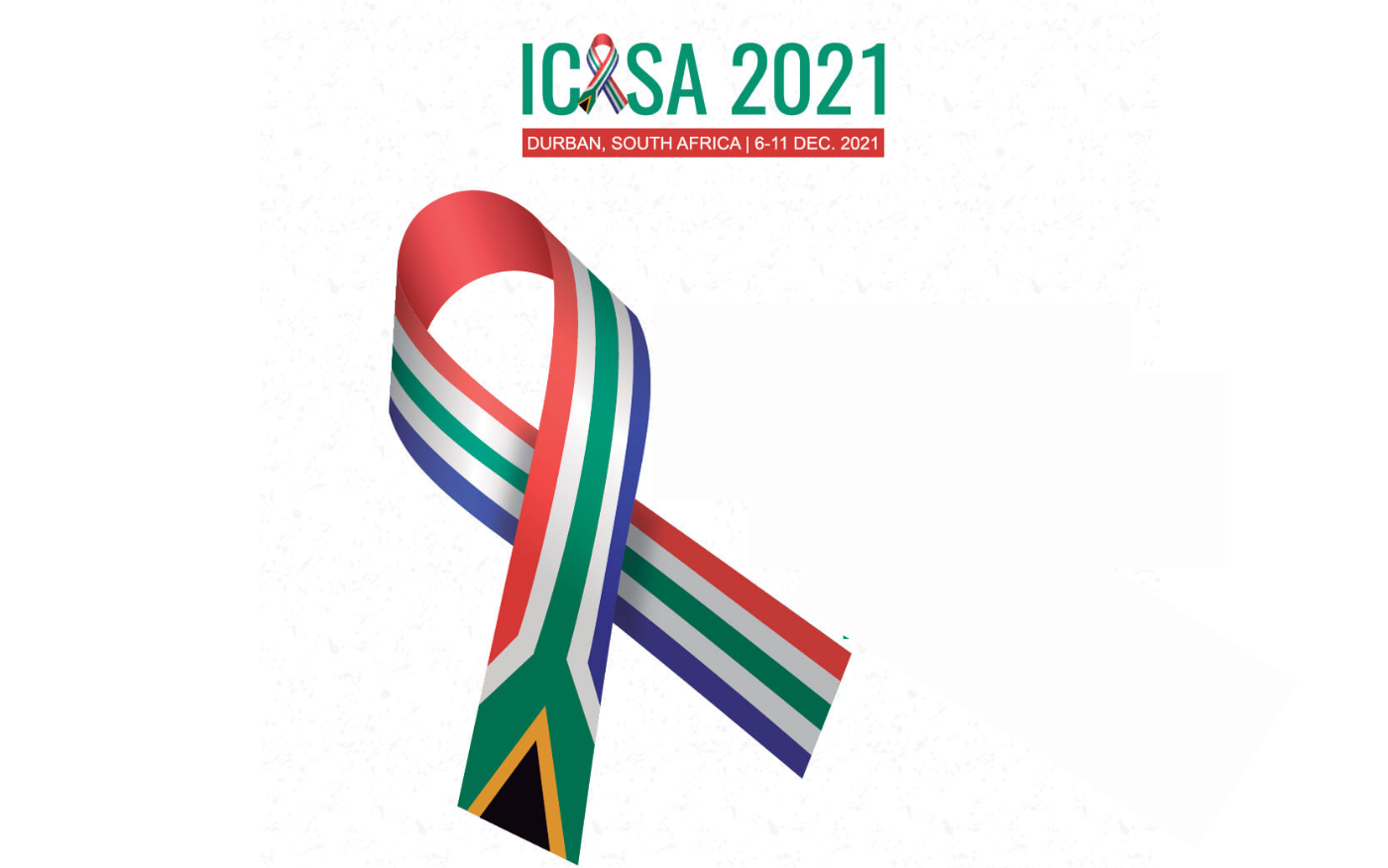This is a time for donors to step up and not retreat! Bi-lateral and multilateral institutions and donor governments need to do better in mobilizing resources.
This was one of the key advocacy positions presented by Solange Baptiste, executive director, ITPC Global, at ICASA 2021. In a presentation titled “Health System Strengthening: Health Financing & Domestic Resource Mobilization”, Baptiste called for more support to community-led systems to monitor the roll out of these resources, and to ensure that investments are made in impactful ways and serve the needs of the most vulnerable.

Rachel Baggaley, team lead for testing, prevention and populations in the Global HIV, hepatitis and STI programmes at the World Health Organization, tweeted:
Stark, sobering and shaming. Thoughtful, impressive plenary by @S0langeBaptiste @ITPCglobal @icasa2021 Health System Strengthening: The funding Landscape: health financing and Domestic Resource Mobilization – For HIV, for C19, for everything…. pic.twitter.com/WptuCkYYX2
— rachel baggaley (@rbaggaley) December 9, 2021
During another session focused on Civil Society and Community Engagement in Community-Led Monitoring, ITPC launched How to Implement Community-Led Monitoring: A Community Toolkit. The new publication is a how-to guide developed for community organizations that are planning to implement community-led monitoring (CLM). It provides an overview of CLM and steps for designing, implementing, running and resourcing it. CLM is an integral part of the Global AIDS Strategy Framework 2021-2026, which puts people at the centre of the HIV response and unites countries, communities and partners.
The effects of COVID-19 on HIV and TB services in China, Guatemala, India, Nepal and Sierra Leone were captured in a poster presenting the findings of a recently concluded rapid Community-Led Monitoring study. COVID-19 brought HIV and TB responses to a standstill. Some estimate that it cut ART initiations in half. Global TB case detection fell by nearly 25% in 2020. Amid this crisis, there is a paucity of data on COVID-19’s effects on communities of people living with HIV and TB. This project rapidly mobilized communities for data-driven change. This study found that COVID-19 devastated some HIV and TB services while galvanizing others. Community ART delivery, multi-month dispensing, using digital tools, and other differentiated approaches improved. However, rapid molecular TB testing decreased, and stigma and discrimination rose. The urgent need for psychosocial support remains a key advocacy priority.
A second poster presented findings from a recent community-led participatory study, addressing some of the impacts of COVID-19 on people living with HIV in Uganda. The global COVID-19 evidence-base has been rapidly populated by clinical and epidemiological research. There is a comparative lack of data on the direct effects of the COVID-19 pandemic on people living with HIV (PLHIV), particularly in resource-constrained settings. Community perspectives on the impacts of COVID-19 on PLHIV are urgently needed. The study found that COVID-19 amplified crises across health, human rights and socio-economic domains worsening conditions for PLHIV in Uganda. However, the response has also highlighted the unique role PLHIV organisations can play in assessing and leading targeted, community-based responses for young women that addresses their health and socioeconomic needs.
